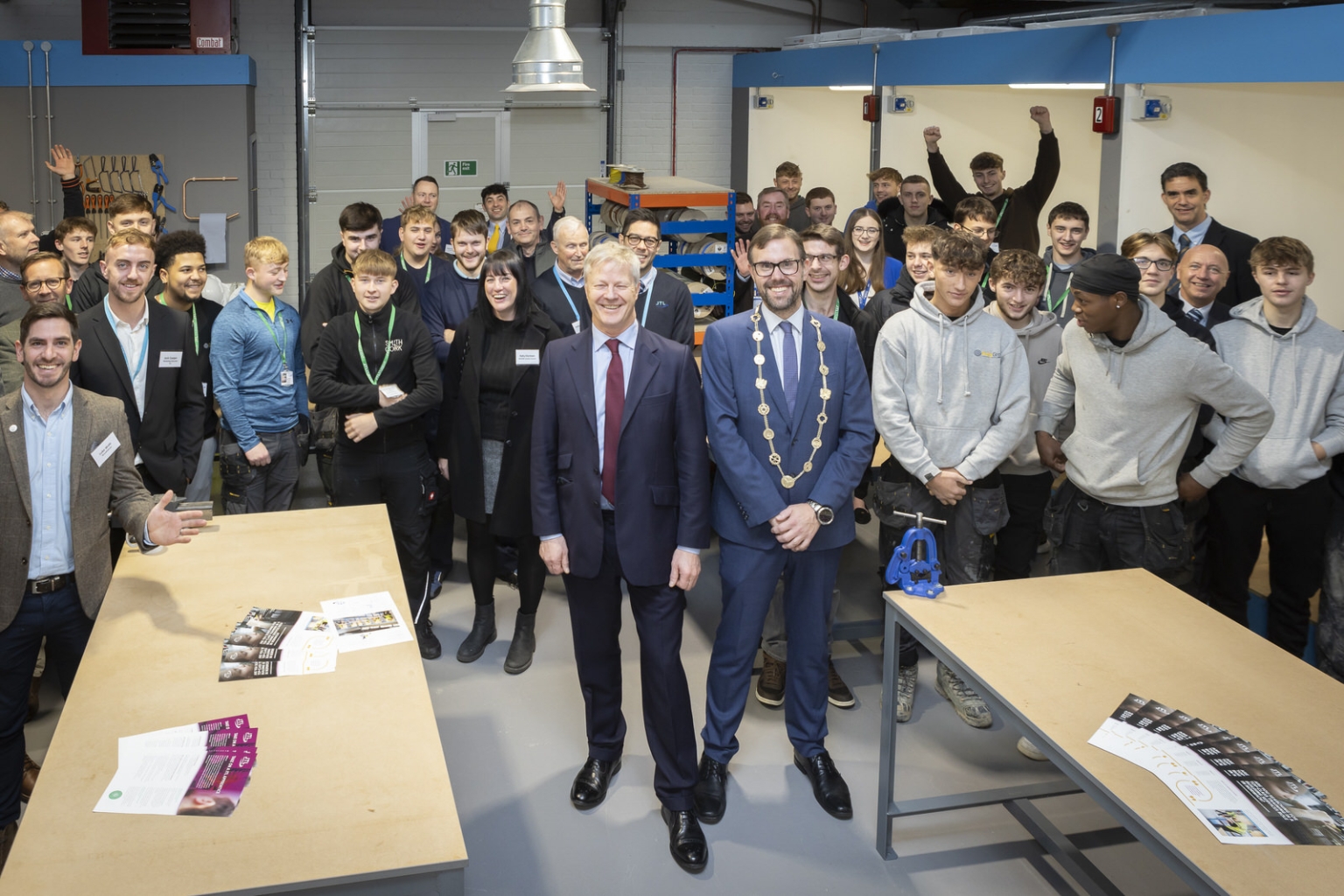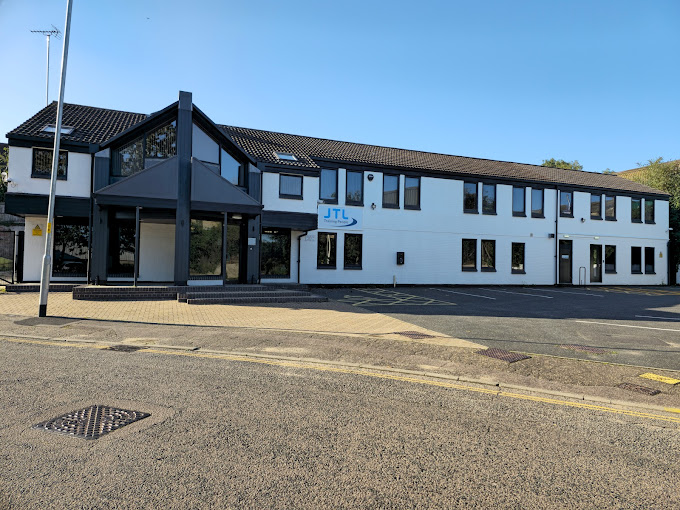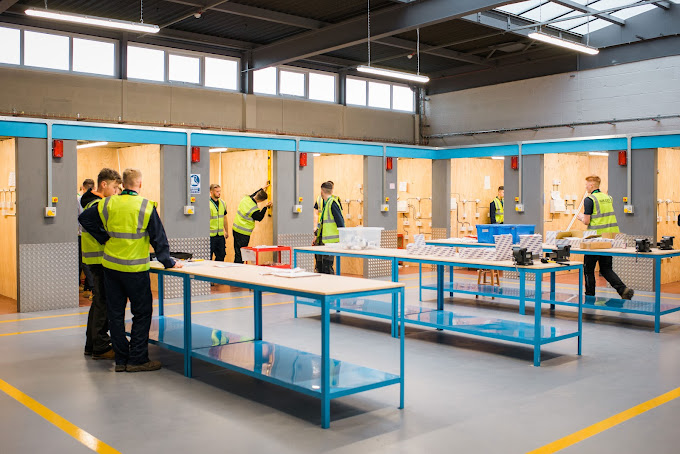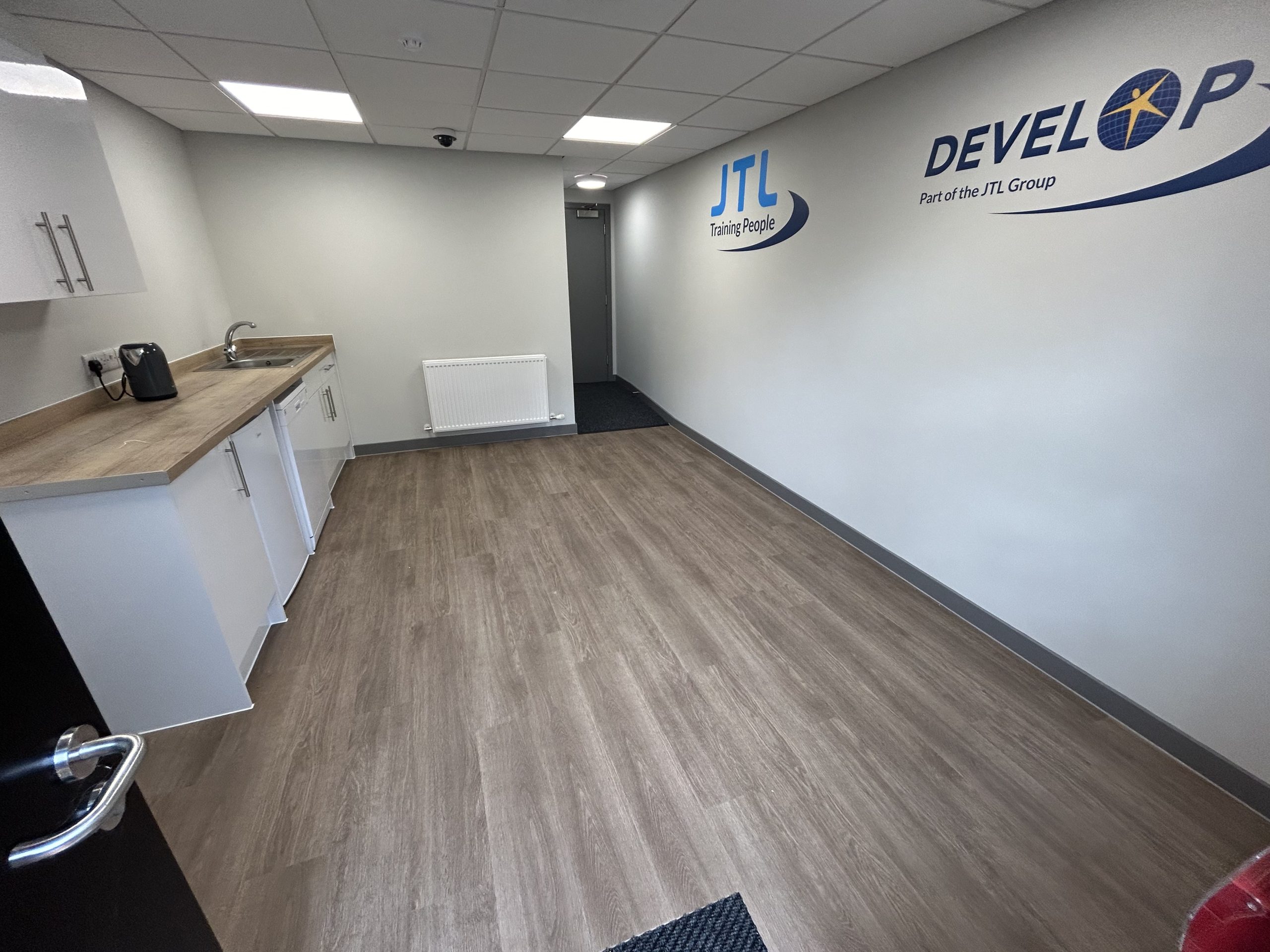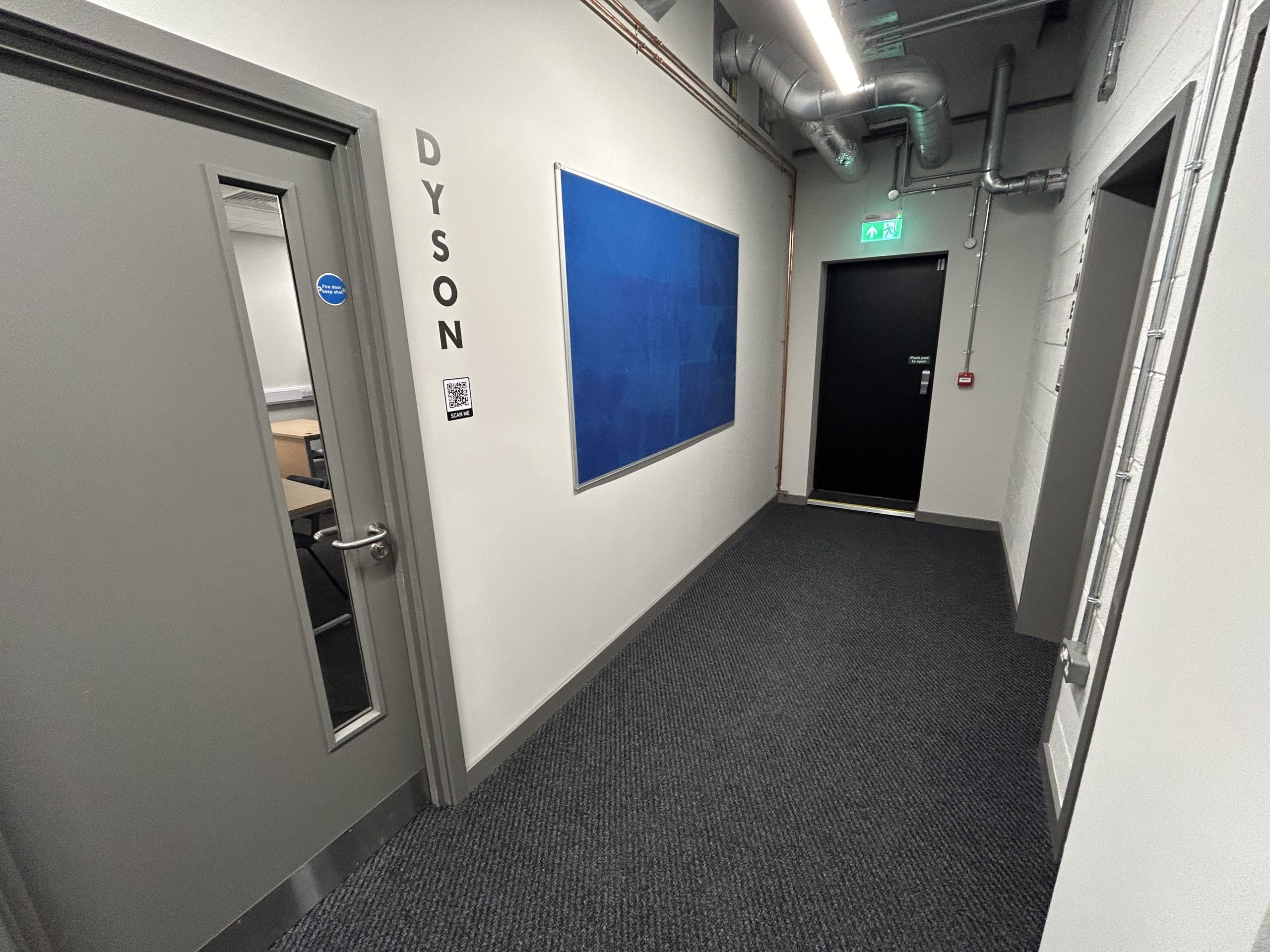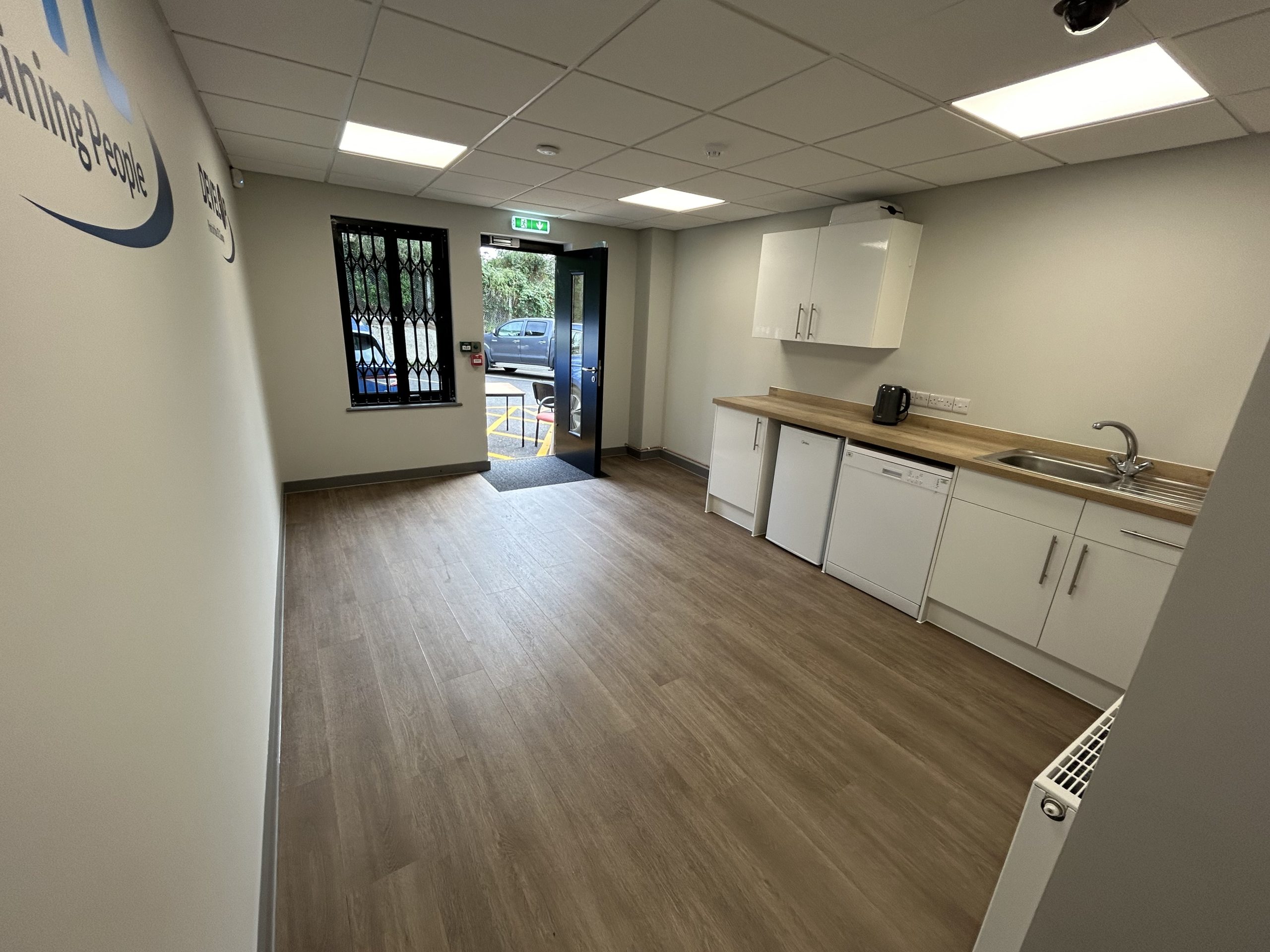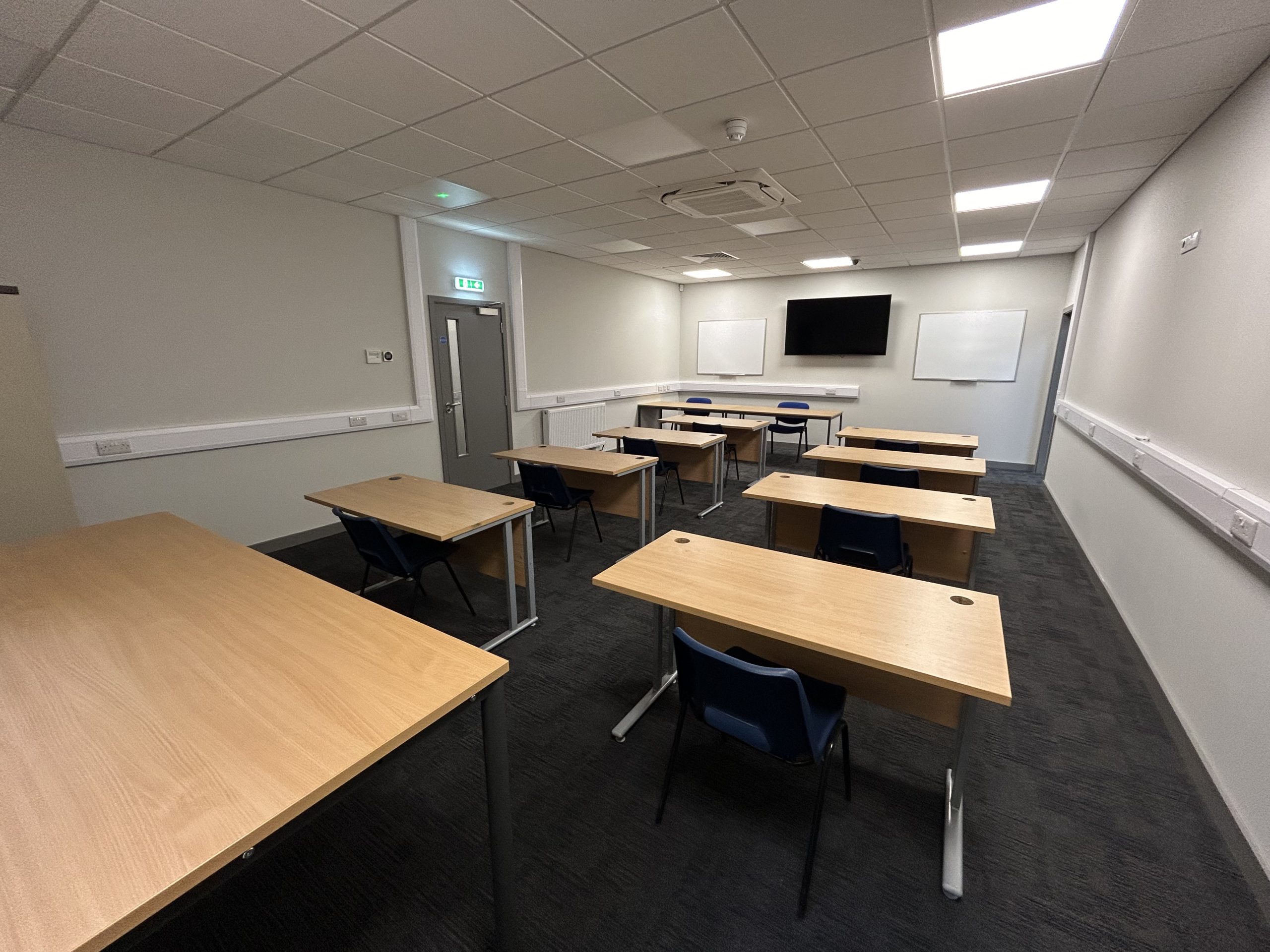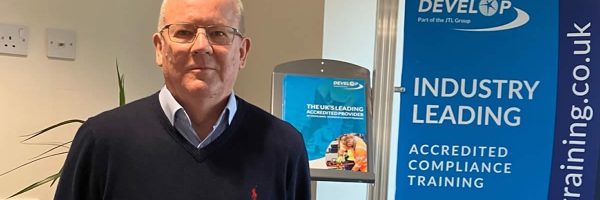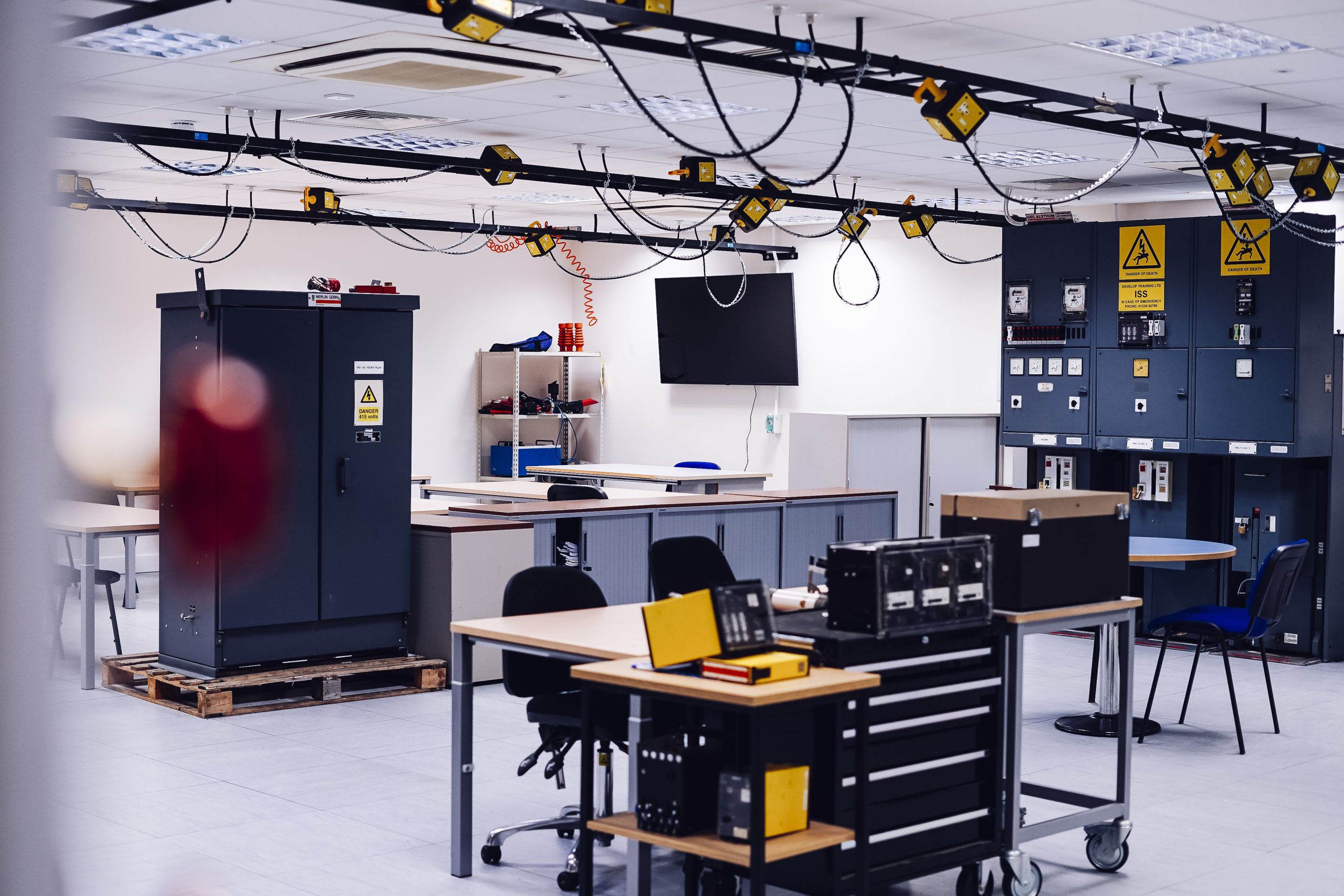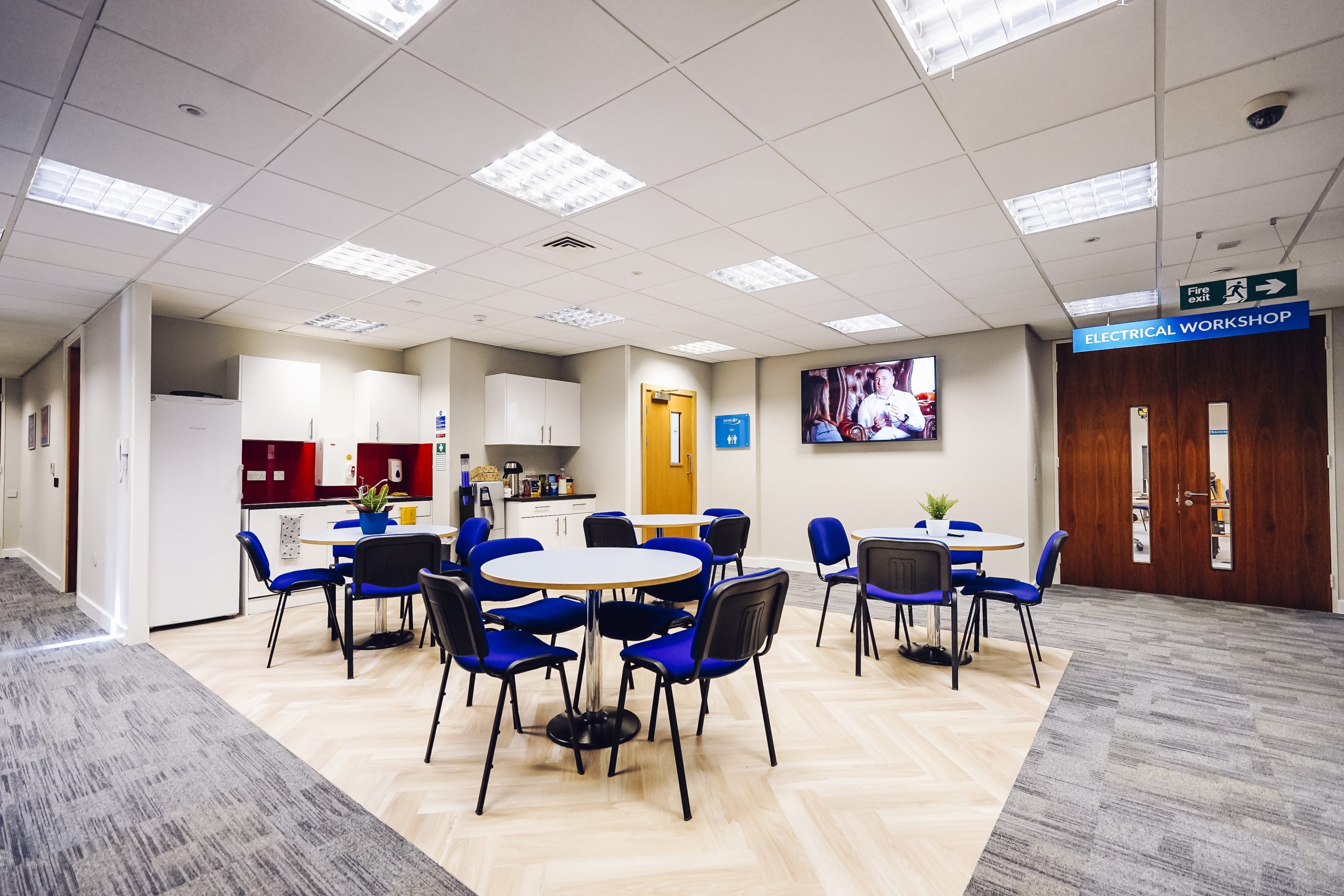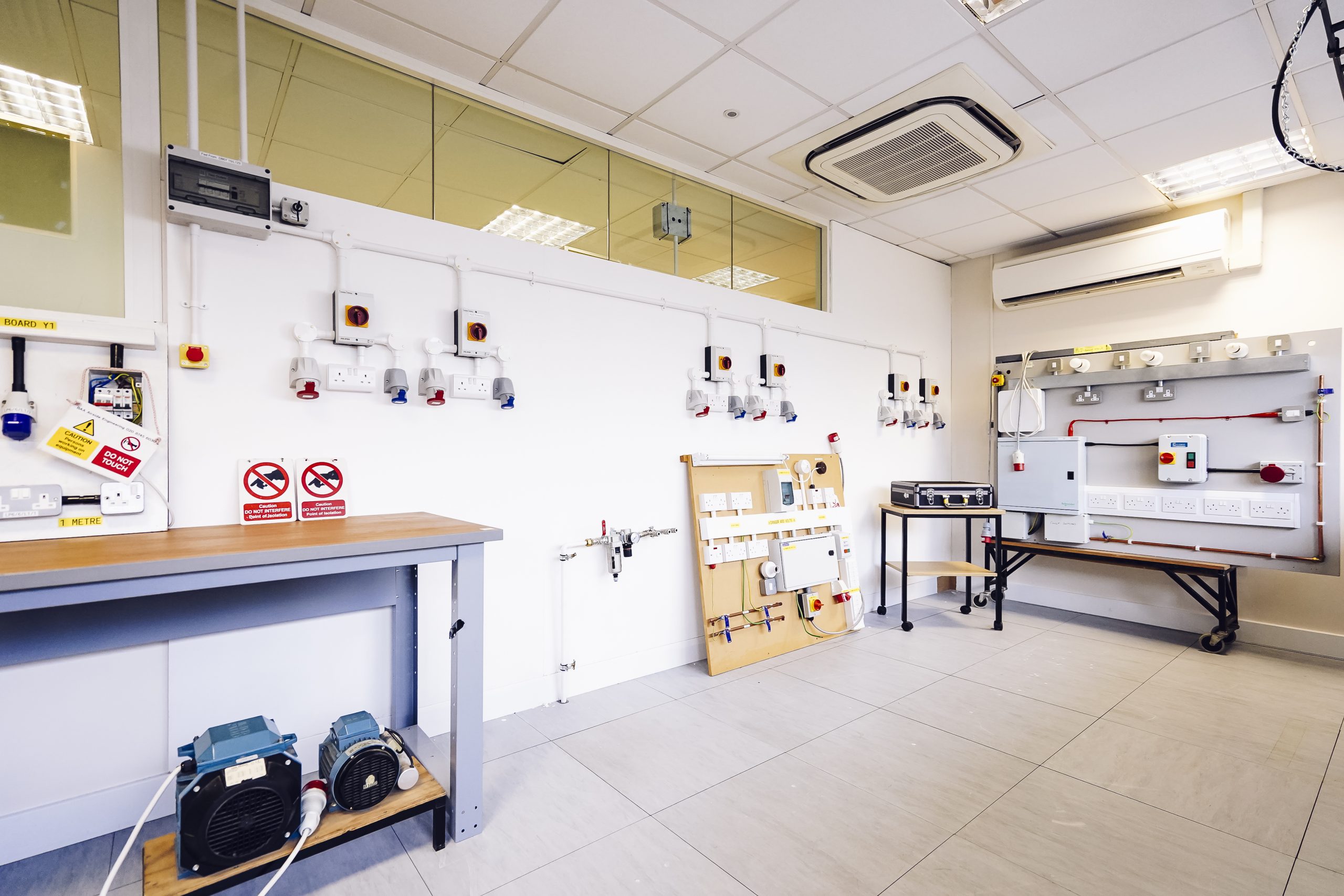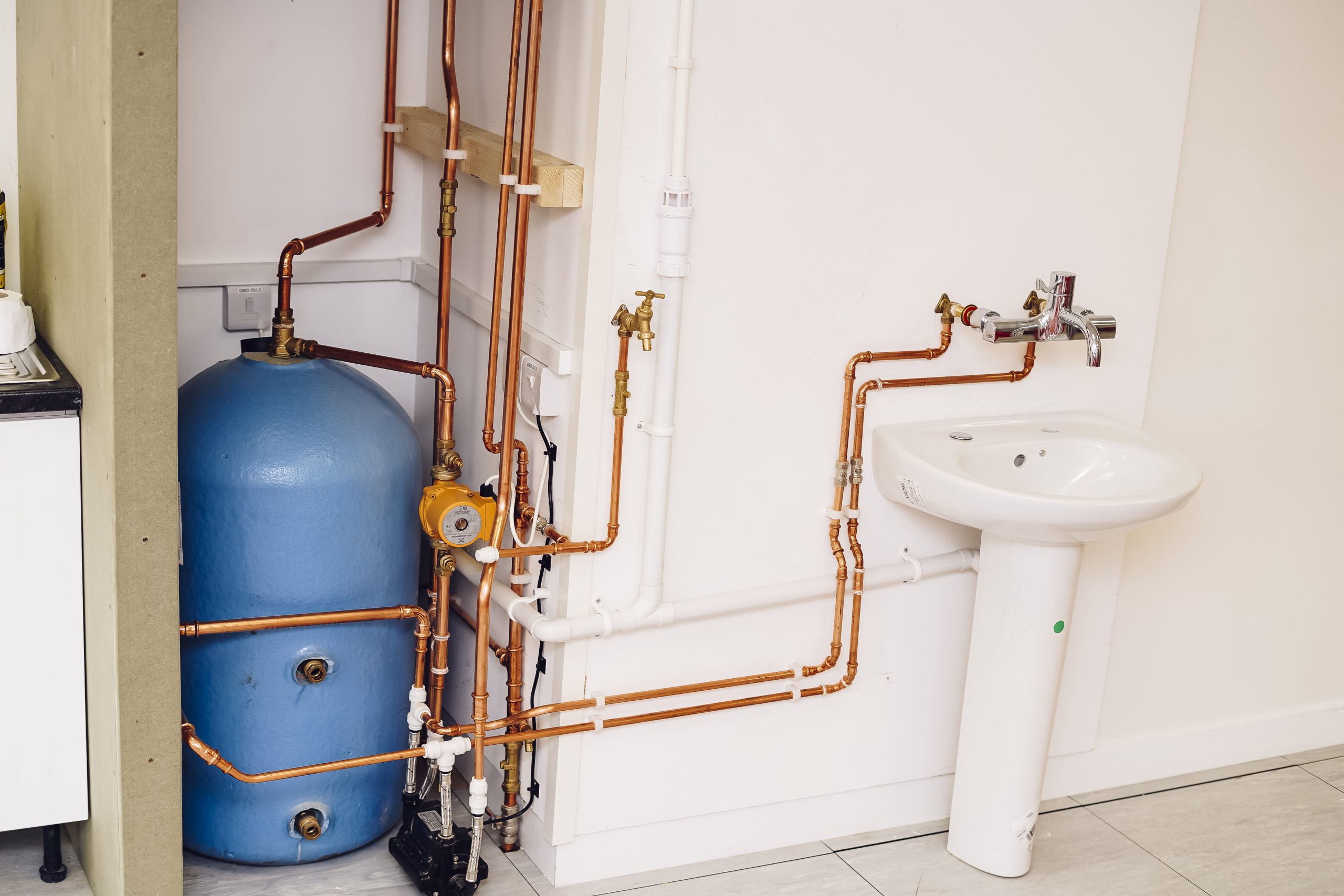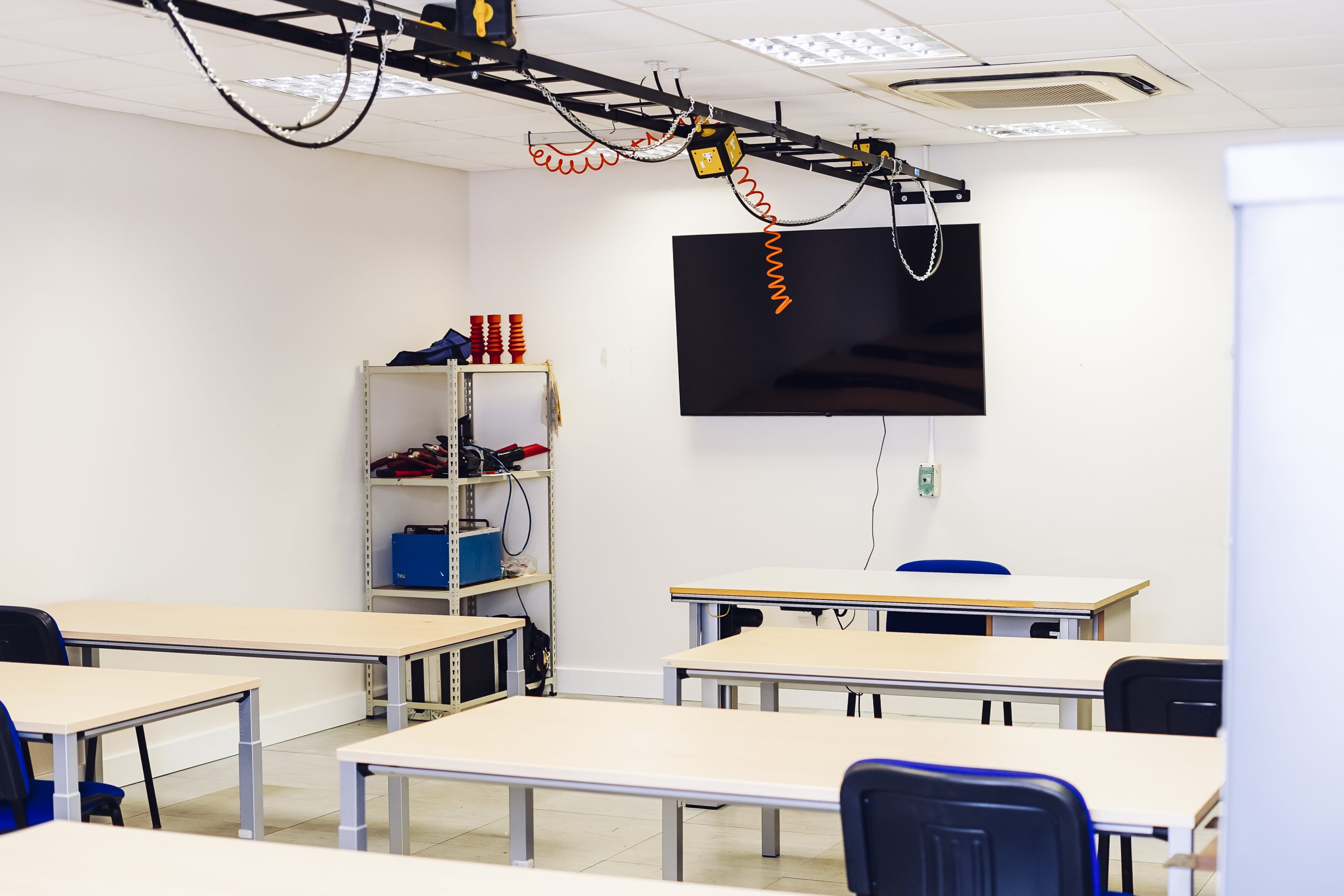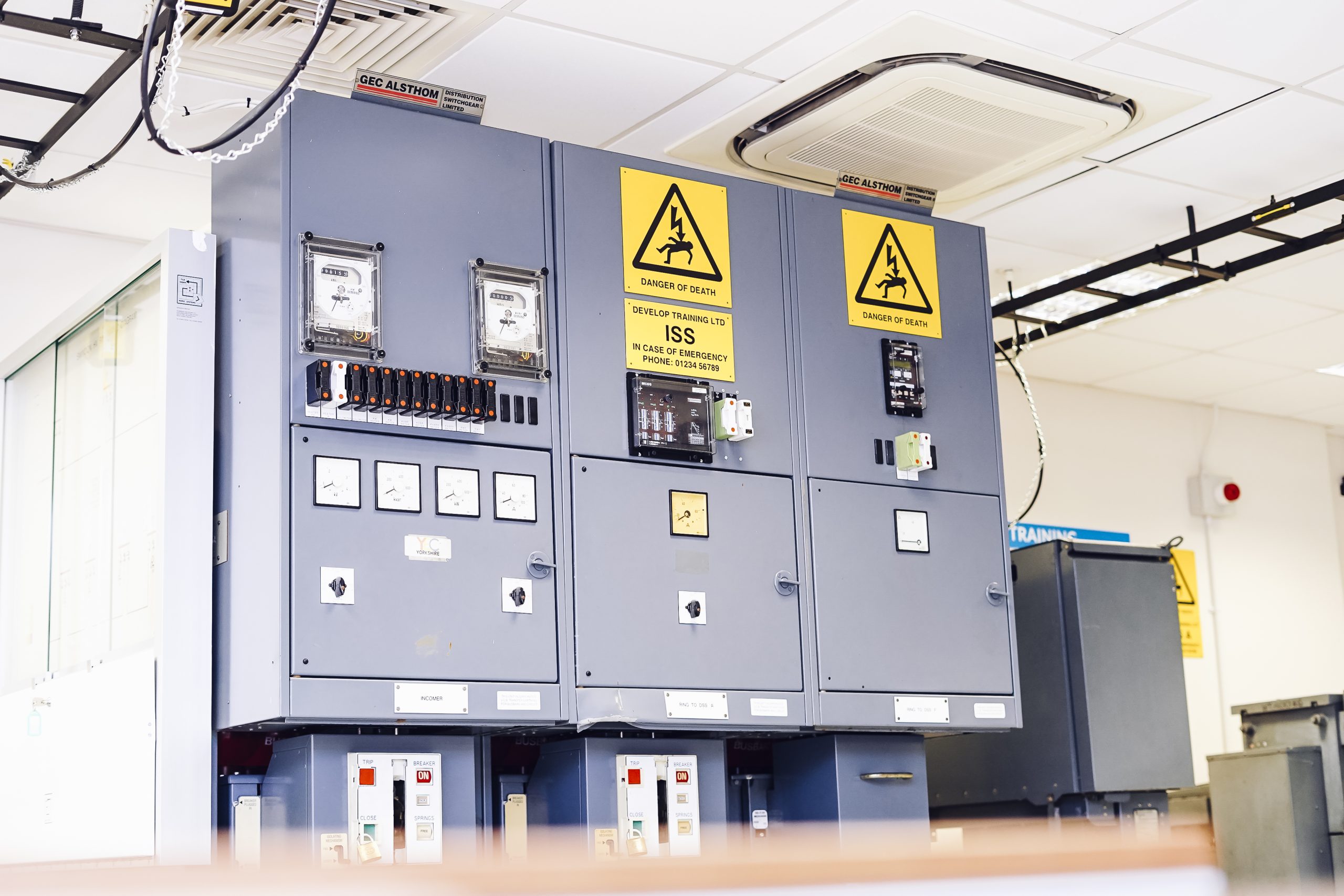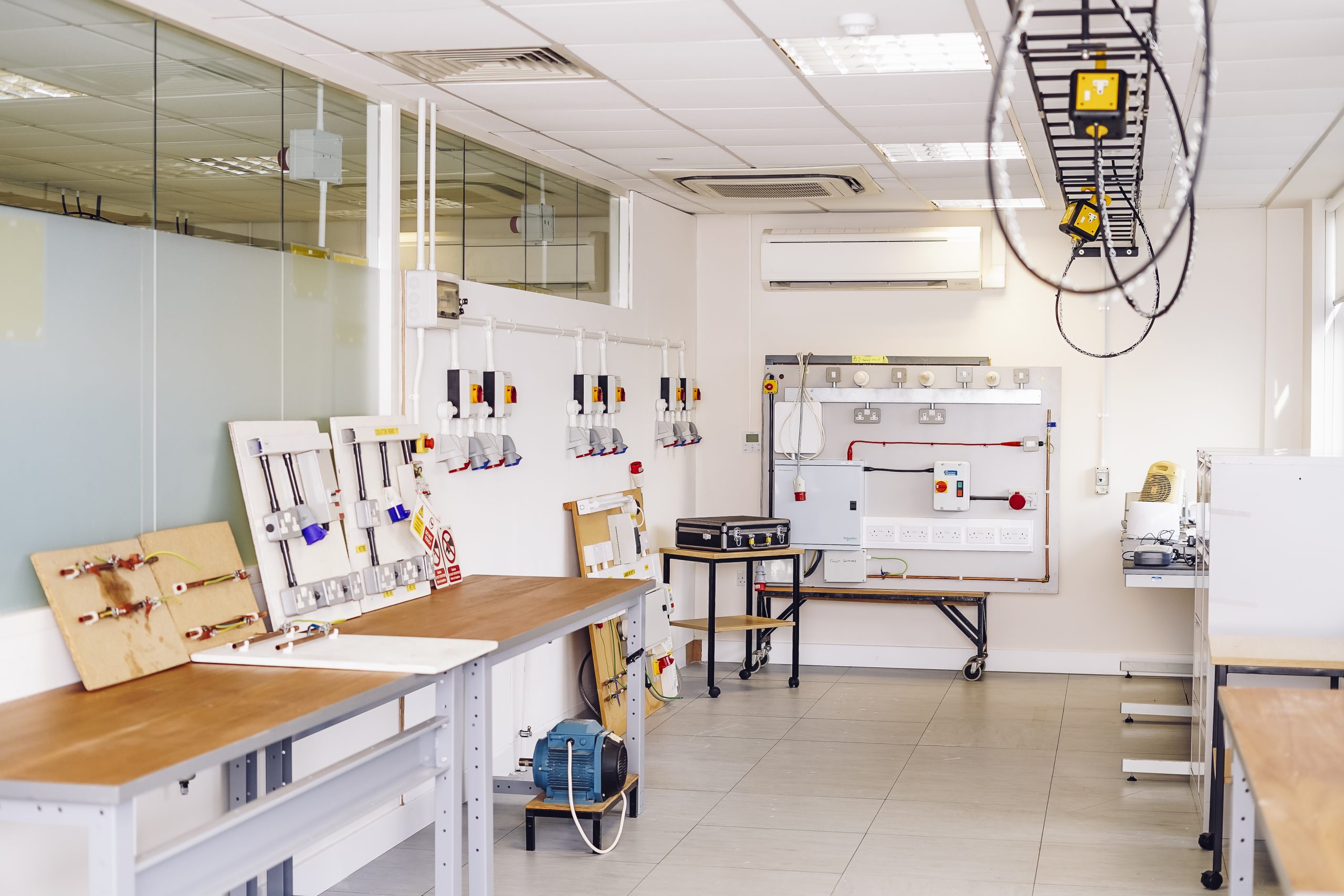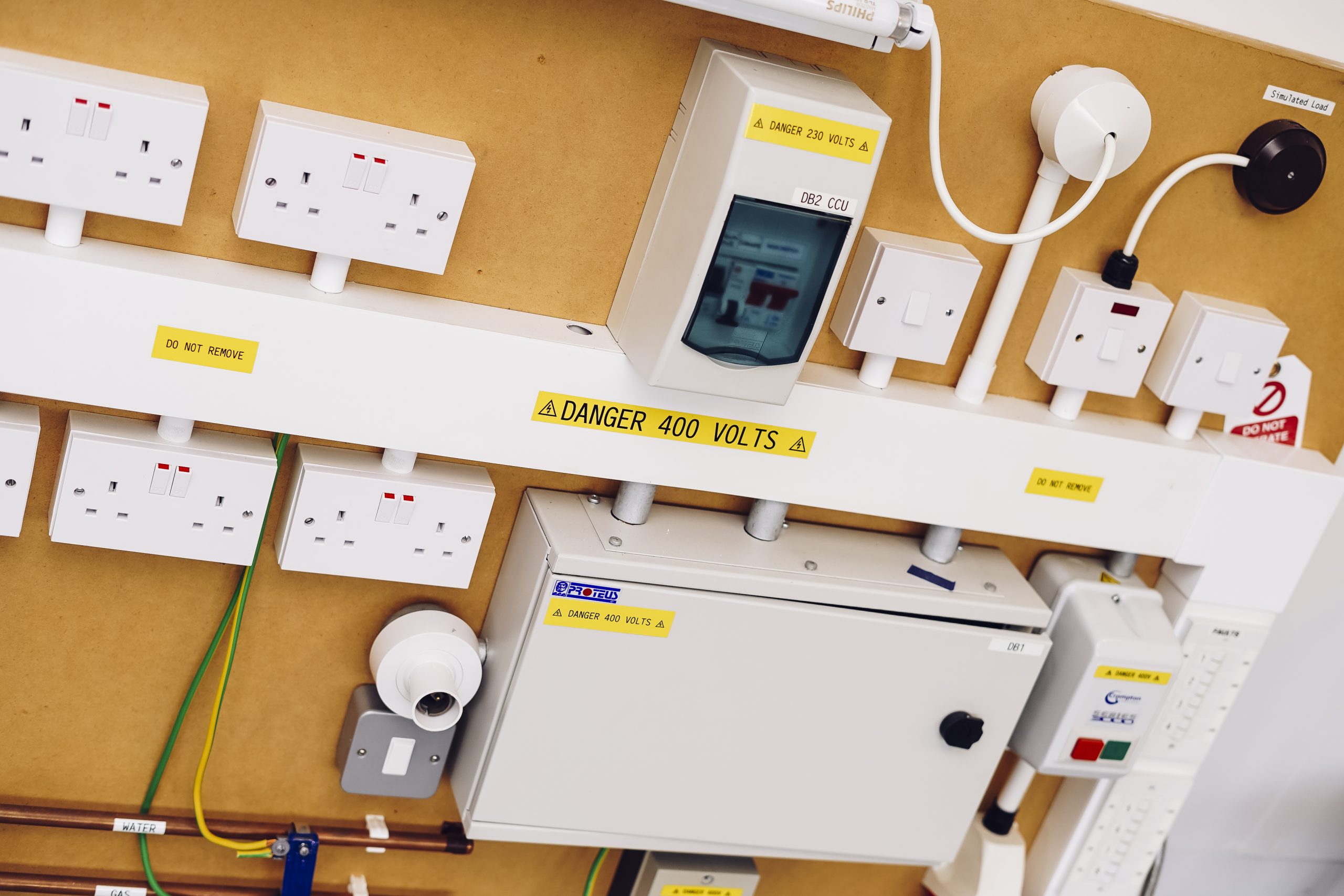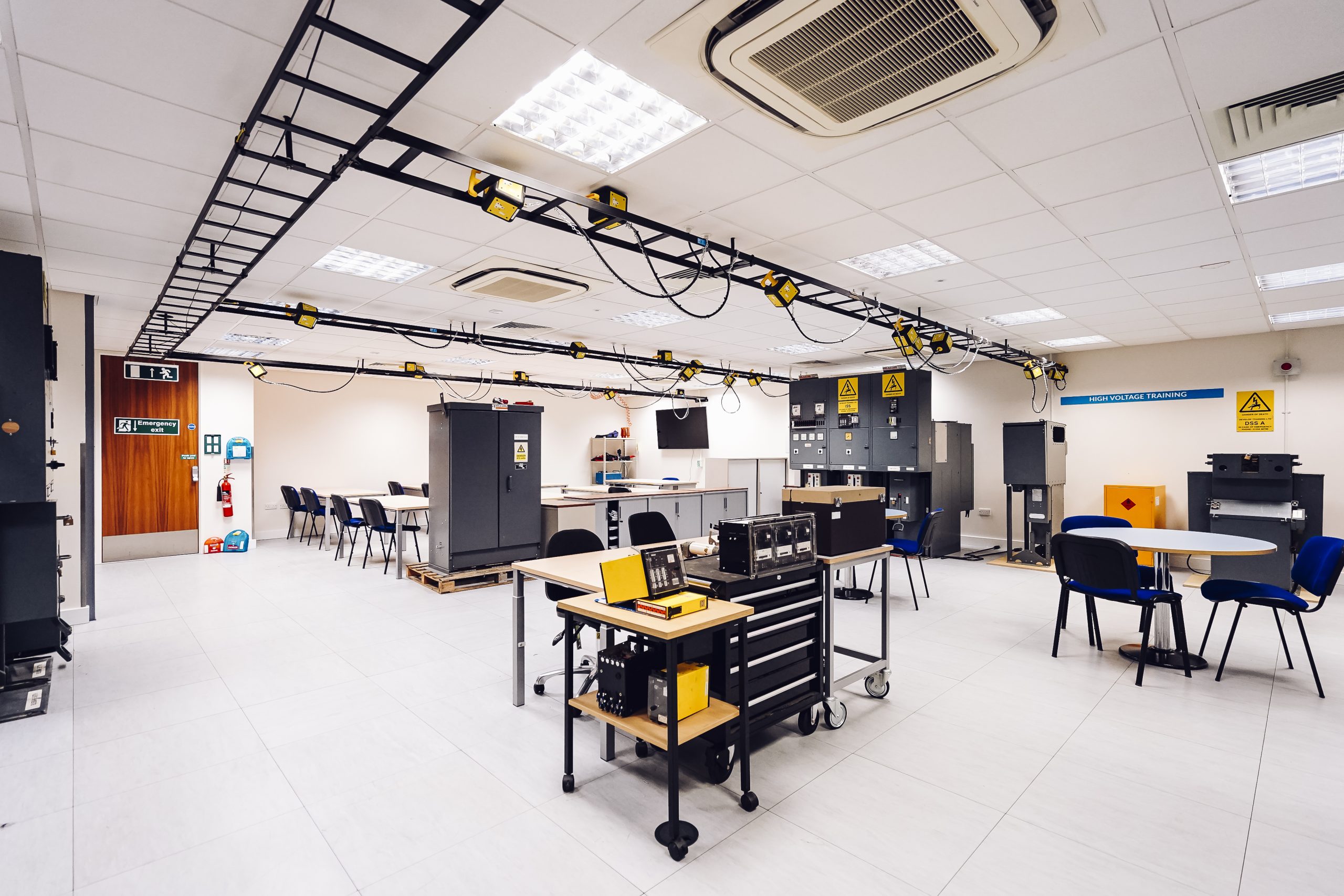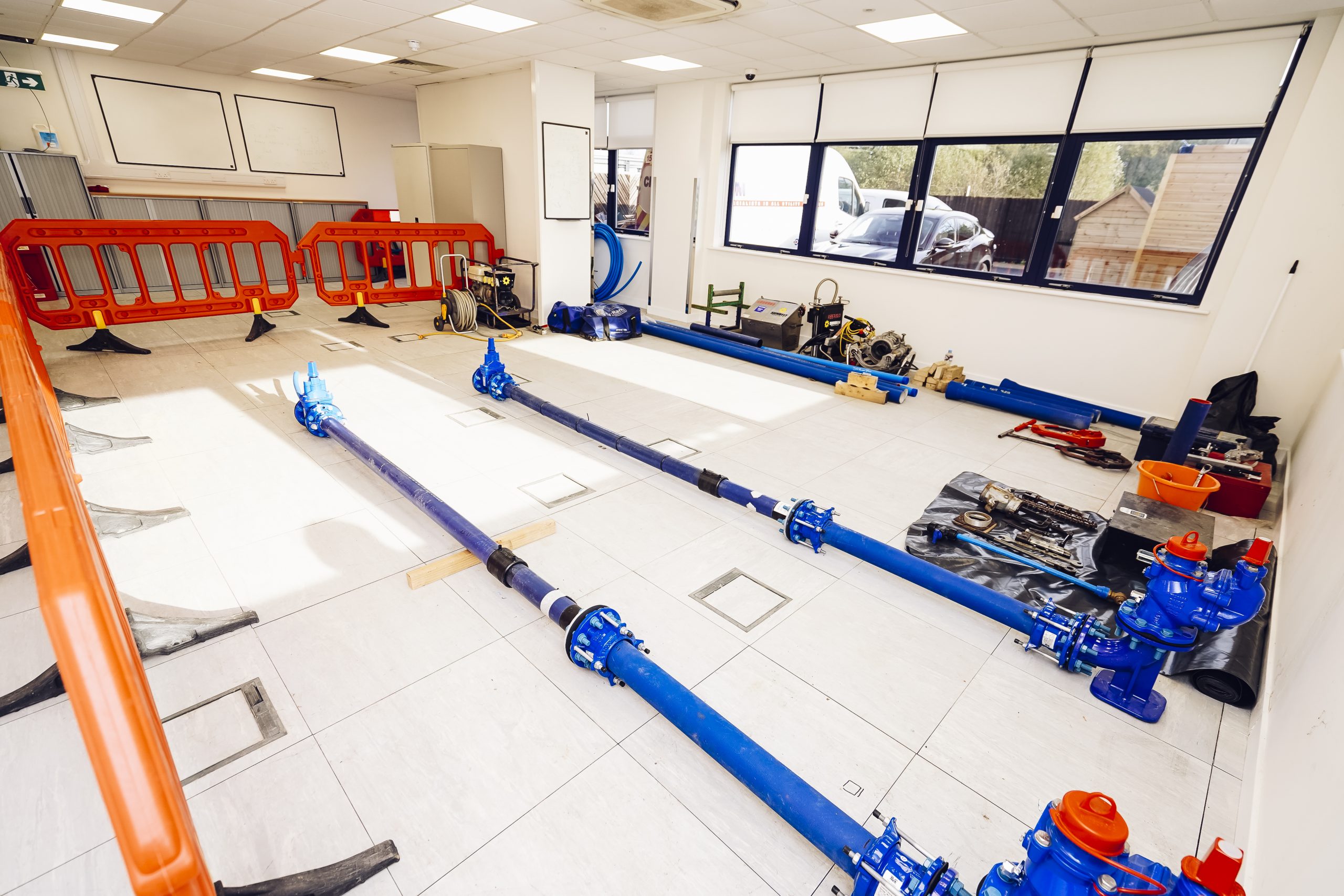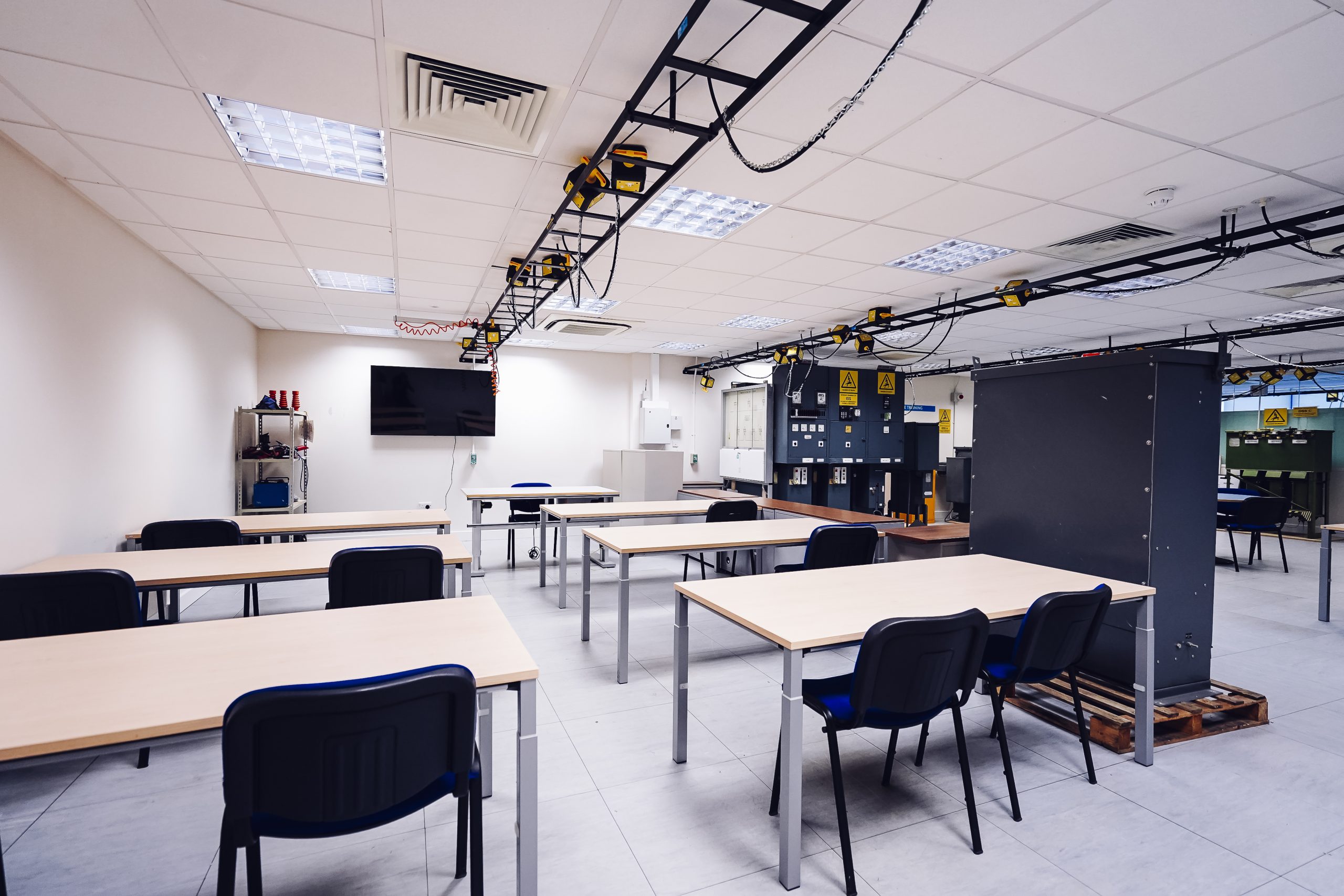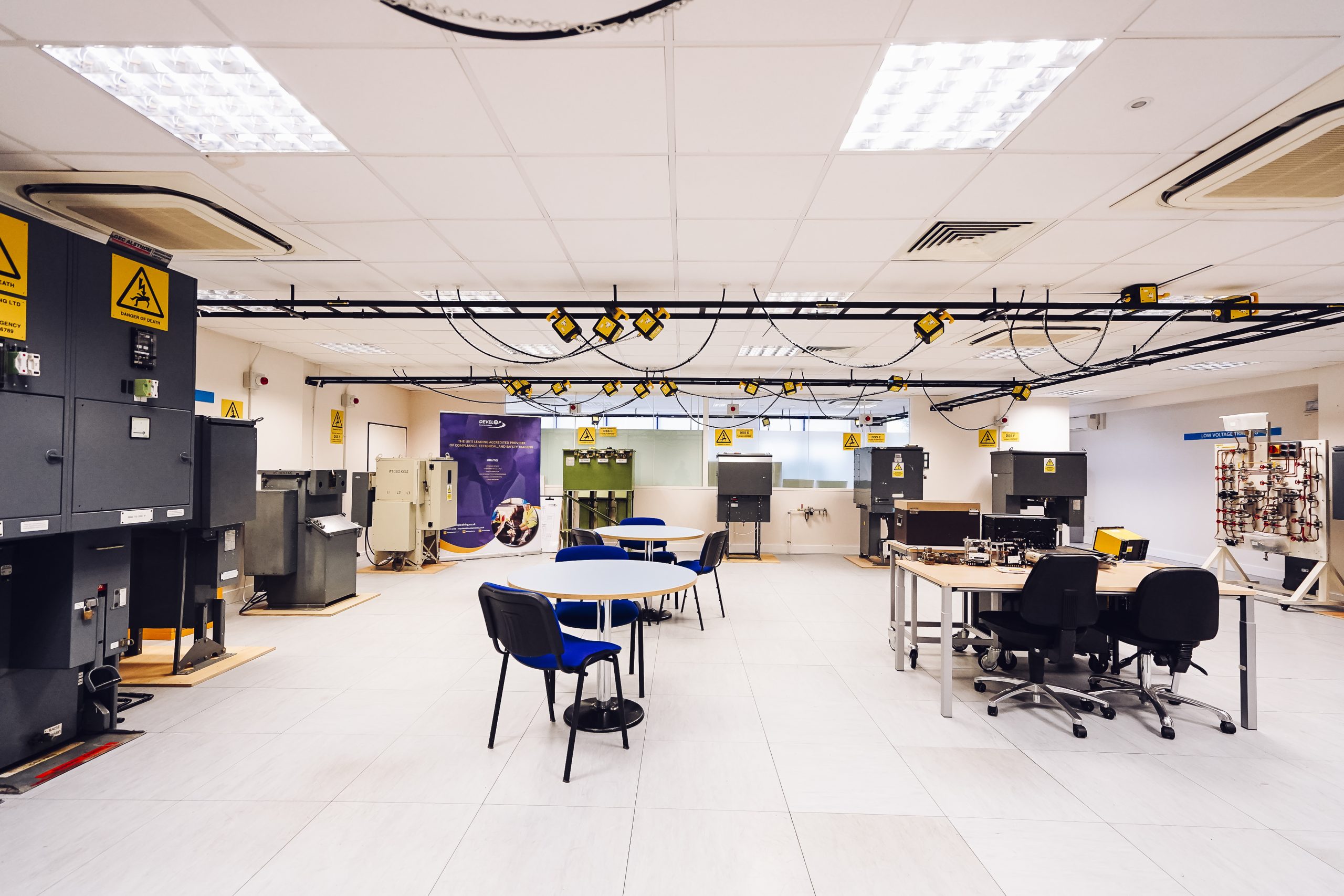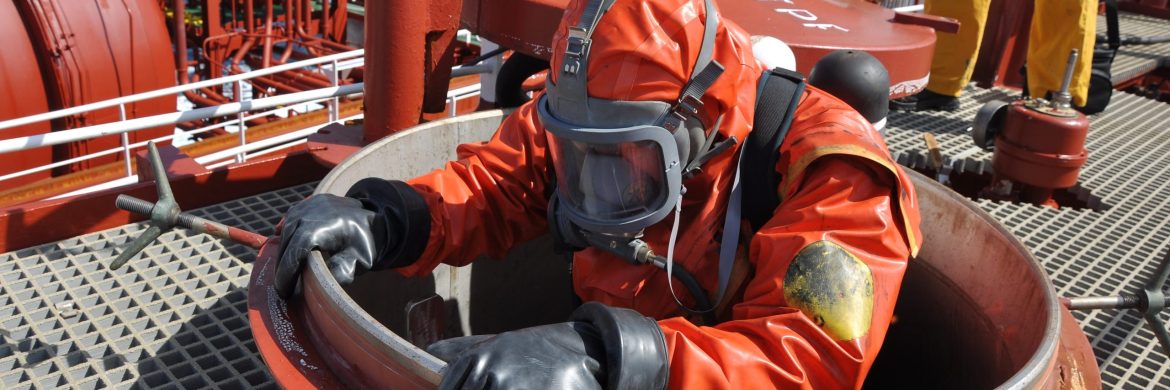Electrotechnical Trainer
👨💼 Electrotechnical Trainer
💷 £40,000
Are you looking for a role where you can put into practice your vast experience in Electrical installations. We have an exciting opportunity to train and assess our delegates.
If this sounds like you, we have an exciting opportunity as a Electrotechnical Trainer working remotely across our training centres with nation travel and overnight stays to join our team on a full-time basis and we would love to hear from you!
What we’re looking for:
- C&G 2382 – 18th Edition.
- C&G 2391- Inspection, testing and certification of electrical installations
- C&G 2392 –Fundamental inspection, testing and initial verification
- C&G 2377 – In service inspection and testing of electrical equipment (formerly known as PAT Testing)
- Level 3 Teaching qualification (PTLLS, AET or equivalent)
- Level 3 Assessor Qualification (TAQA, A1 or equivalent)
- C&G 2919 Electric Vehicle charging is desirable.
- Solar PV and energy storage experience is desirable.
- NVQ L3 in installation is desirable.
- Experience of a safe system of work is desirable.
You are:
- Confident.
- Self-motivated.
- Able to develop positive relationships with stakeholders at all levels.
- Able to engage with all types of learners.
- Highly organised and able to multitask.
- People orientated and approachable.
- Excellent at presenting information.
- Professionally presented.
Benefits
- Competitive salary with Company car.
- 25 days holiday plus bank holidays on commencement; this increases to a maximum of 30 days with length of service plus additional discretionary days throughout the year.
- Medical cash plan including dental, optical, chiropody and physiotherapy!
- Invested in employee health and wellbeing with mental health first aiders, online health assessments, access to 24/7 GP’ via phone or video chat and a counselling and support helpline.
- Enhanced Company Sick Pay.
- Enhanced Maternity and Paternity pay.
- Life assurance (3 x salary).
- High street discount vouchers.
- Great staff extras including various away days and annual staff awards.
- Investment in your continuous professional development.
- Full-time hours equate to 35 hours per week.
- A great work environment and a friendly family feel culture.
Who are Develop Training?
Develop Training is the UK’s leading accredited provider of Compliance, Technical, and Safety training. We support over 7,000 firms with their training needs and our clients include some of the UK’s largest and best-known organisations from the Utilities and Construction, Defence, Healthcare, Facilities Management, and Telecommunication sectors.
Develop Training is highly committed to supporting and developing our people as an accredited Investors in People Gold standard organisation.
What’s best is 98% of our workforce are satisfied to very satisfied in their role at Develop Training!
Our core values
Our values are fundamental to our people, our work, and our business. Therefore, our success depends on how we work and our people that work alongside us. Everything we do is guided by our core values, Integrity, Professionalism, Respect, and Responsiveness. If you share our values, then we would love to hear from you!
How to apply
To apply send your CV and a cover letter to recruitment@developtraining.co.uk
Interview Information
First stage interviews will take place over telephone for approximately twenty-minutes. With a view to progress successful candidates to a face-to-face interview at our Derby Training Centre whereby you will be asked a set of competency-based questions. Interviews will take place whilst the advert is still live, so do not delay getting your application in!
Further information
Develop is an equal opportunities provider and we are committed to the safeguarding of all our employees, associates, and learners.
The successful candidate will be required to undertake a criminal record check as part of our safeguarding duty and every 3 years thereafter.
If you have any questions regarding this role, please email our HR Team at recruitment@developtraining.co.uk.



